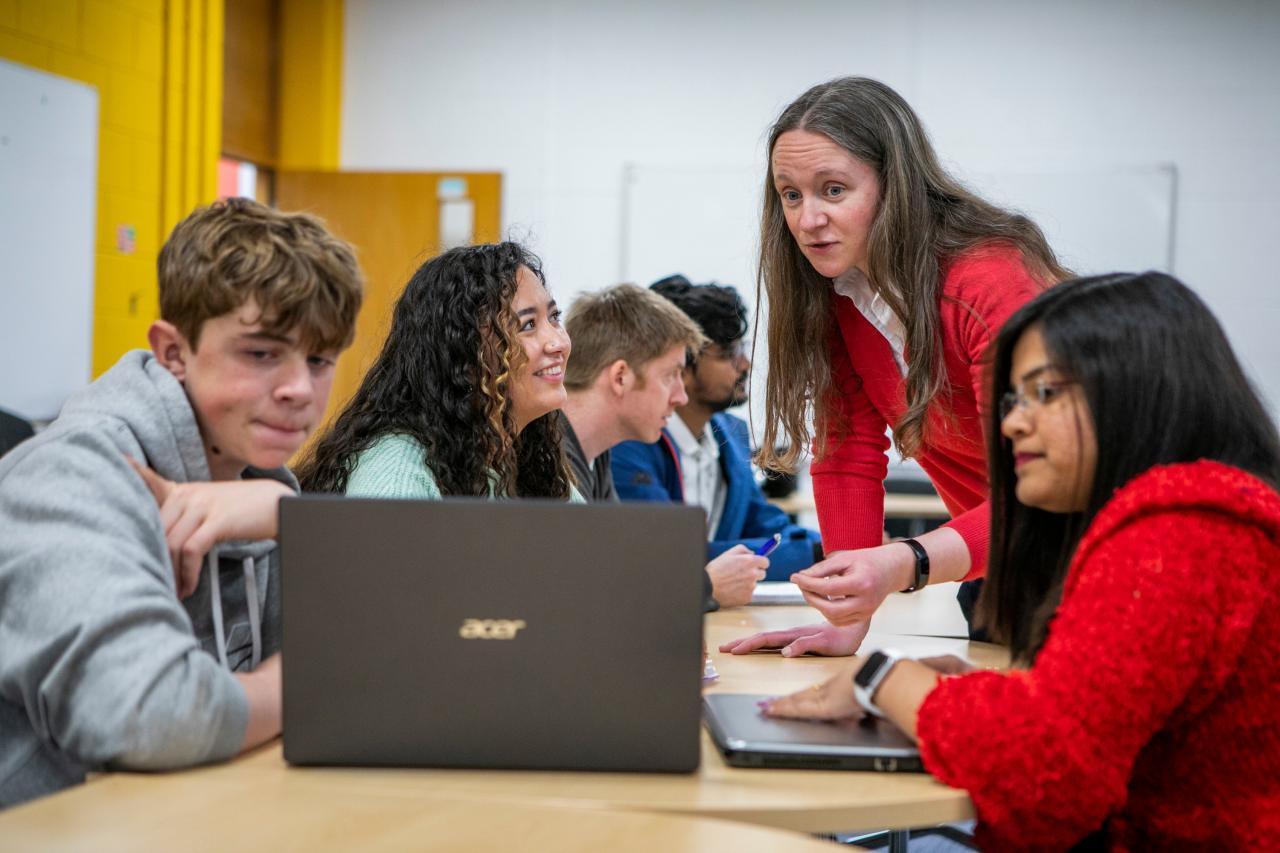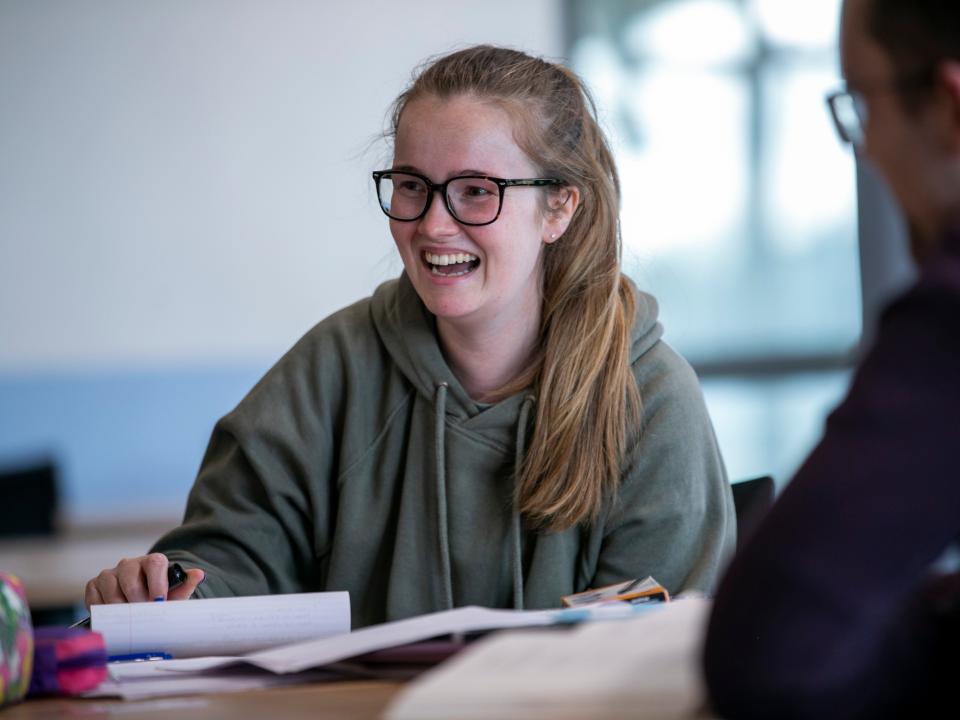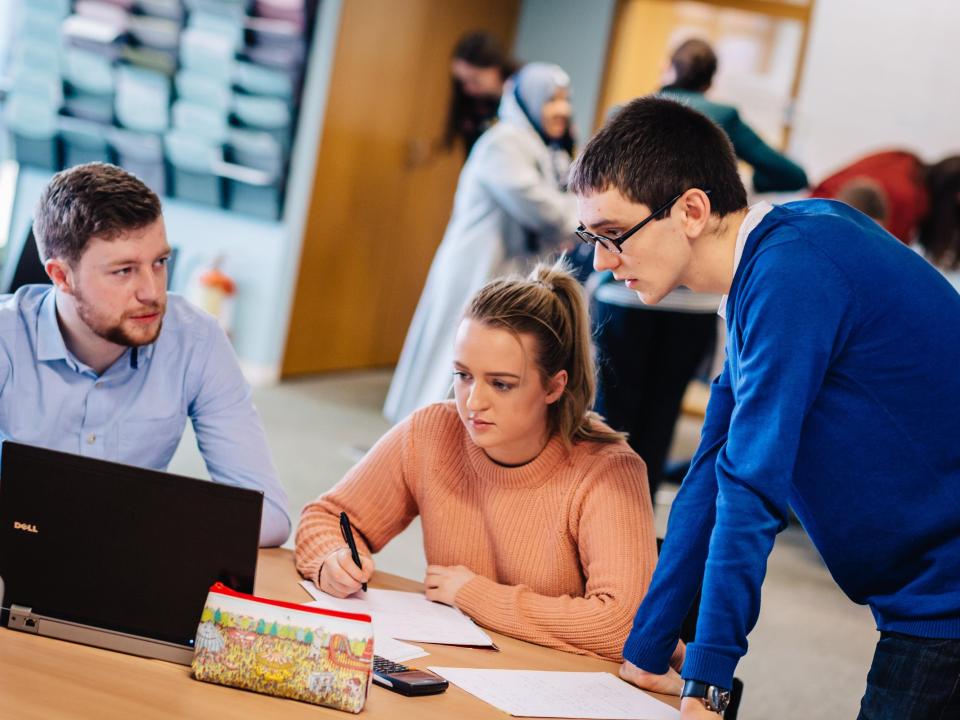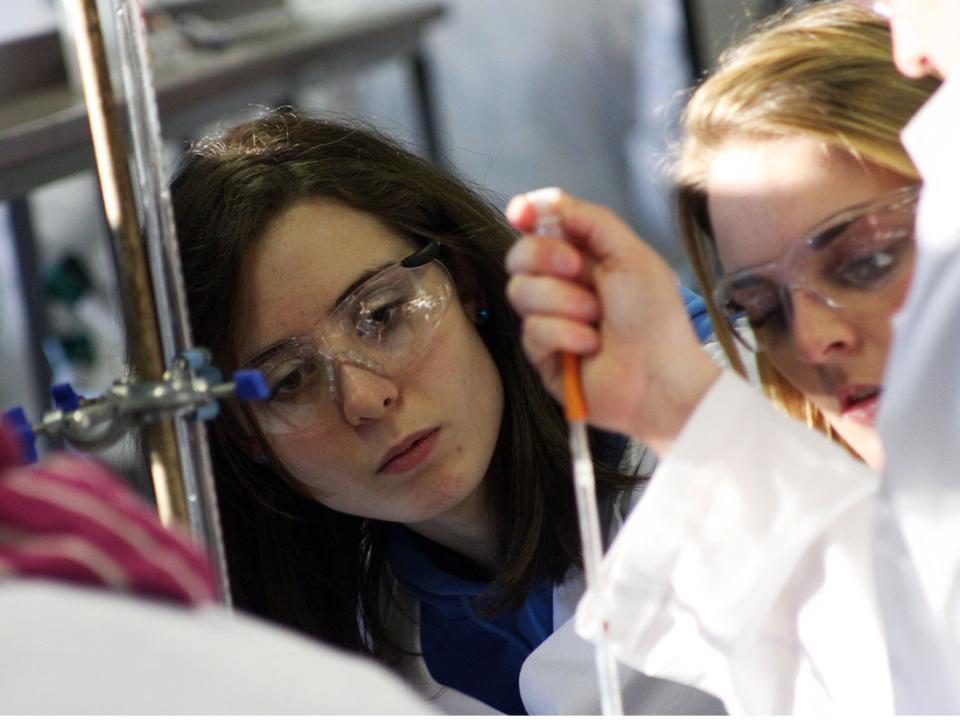Overview
A career in quantitative finance could be ideal for you and this is the course to prepare you for it. The big advances in financial products in recent decades, such as derivative securities, have been driven by new developments in mathematics. Using and developing these products in risk management demands a deep understanding of their mathematical character.
This course is distinctive in that it digs down into the underlying mathematics, so you’ll become able to work with flexibility and skill with the latest financial products. You’ll gain cutting-edge knowledge in probability and stochastic processes, financial economics, stock-related and fixed income products, time series analysis, machine learning, and computer-based financial simulation.
Develop highly sought-after skills
Mathematical and logical reasoning are among the most transferrable and valuable skills graduates can offer prospective employers. Being able to formulate and solve complex real--world problems, using a mixture of mathematical expertise and computer software, is especially valuable. These skills are among the most important you’ll gain from this course.
In third year, you’ll do an INTRA work placement of up to eight months, typically in a quantitative role at a financial services company. Given Dublin’s position as a financial centre, these placements are usually in the city, but can be elsewhere. Once you graduate, you’ll be ideally positioned for a career in financial trading, investment analysis, risk management, insurance or the actuarial profession.
These are very mathematical areas of finance, so a prospective student should be very able mathematically, and the degree programme is mostly concerned with the mathematical, rather than the business, aspects of these areas of finance.
Why DCU
DCU People
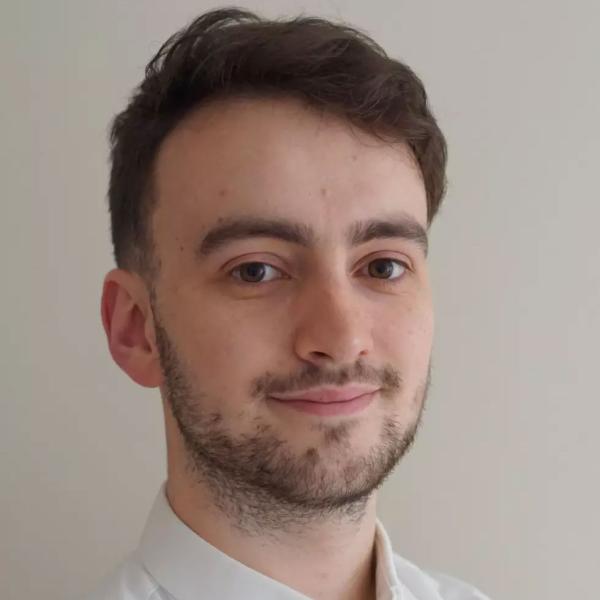
Choosing this course was easy for me. With a relative who previously studied Actuarial Mathematics in DCU, I knew a lot more about my course than any college brochure could describe.
Read more about Finbar Murphy
Careers & Further Options
Careers
As a graduate of the BSc in Financial Mathematics degree, you'll find professional opportunities in a range of areas in the expanding financial sector. Ireland is a major European and global hub for the financial services industry, and is the fourth largest exporter of financial services in the EU.
As well as the careers in finance, banking and insurance for which your degree is specifically designed, as a graduate of the BSc in Financial Mathematics you will also possess an excellent qualification should you wish to progress to further research, to teaching or to employment in business or industry.
DCU graduates are highly sought after by employers. Our Graduates work in environments ranging from large multinationals to SMEs, family businesses and start-ups across every sector.
DCU Careers Service has a number of learning and development initiatives in place for our students, giving them the skills they need for a successful career path.
Entry Requirements
No direct entry, entry via DC127 Common Entry into Actuarial and Financial Mathematics
Applicants that have completed at least one year of study at NFQ Level 6, 7 or 8 at another institution may apply to continue their studies on a similar programme at DCU. There should be substantial overlap in content between the two programmes to be considered for a transfer. Results and other supporting documentation must be submitted to CAO by the closing date of 1st July. This is a competitive application process for a small quota of advanced entry places. Offers are made on a rolling basis until all places are filled. Early application is advised. Please note: Applicants should also consider applying through the appropriate route for first year entry to the programme they are interested in. This application process is only for advanced entry.
Advanced entry path to Year 3 only.
Course Structure
Year 1 Core Modules
- INTRA
- Stochastic Modelling
- Partial Differential Equations
- Financial Mathematics
- Financial and Actuarial Models
Year 2 Core Modules
- Probability and Finance II (Intermediate)
- Fixed Income Securities (Intermediate)
- Stochastic Finance (Intermediate)
- Financial Economics I
- Optimisation
- Probability and Finance I (Intermediate)
- Simulation for Finance
Year 2 Optional Modules
- Financial Economics II
- Time Series (Intermediate)
- Deep Learning
- Uaneen Non-Contributing Module
Fees and Funding
Fees
How To Apply
Applications are made via the CAO Advanced Entry route which will open on the 6th November to 1st July.
Please see Application Procedures or E-mail ugadmissions@dcu.ie.
There is no direct entry to the programme via CAO. All entries to this programme are via DC127
Life On Campus
At DCU, our students can expect a unique campus experience. We are known for our excellent teaching and learning facilities, our active clubs and societies, and our great social and sporting facilities. All this makes DCU an exciting place to be.
DCU has three academic campuses; Glasnevin, St. Patrick’s and All Hallows (both in Drumcondra), all close to Dublin City centre.
They can be reached by public transport, Dublin Bus and Bus Éireann, with our Drumcondra campuses a ten minute walk from Drumcondra Train Station. Glasnevin is a 20 minute walk from St Patrick’s and All Hallows. They are also linked by Dublin Bus.
Each campus has a library (O’Reilly, Cregan and Woodlock Hall), study spaces, restaurants, and on-campus residencies. There are sports facilities on Glasnevin and St. Patrick’s, and there is a dedicated sports campus, St Claire’s, located near Glasnevin on the Ballymun Road.
DCU’s 19,000 students have access to exceptional teaching and learning facilities across our three academic campuses.
These include modern learning theatres, research centres, a new media and TV studio, radio/podcast studios, computer suites and advanced labs in the areas of Languages, Engineering, Physics, Chemistry and Biotechnology, as well as a Sports Performance centre and a training hospital ward. In 2021, we opened our first virtual reality ‘Leadership Lab’, which is located in our Business School.
We continue to improve and update our facilities. For example, construction of a new world-class STEM facility is underway on the Glasnevin campus. With capacity for an extra 3,000 STEM students, this facility will advance DCU’s international reputation for excellence in science and health, computing and engineering disciplines.
Studying in DCU isn’t just about course work. The university is rich in student life and activities.
There are more than 140 clubs and societies for students in DCU, with ‘Clubs & Socs’ days taking place on both the Glasnevin and Drumcondra campuses at the start of the academic year. They span everything from rugby to rock climbing, anime to jazz.
For many students, sport is an important part of the DCU experience. DCU’s Sports Complex boasts a 25 metre swimming pool, fitness centre gym, all-weather pitches and squash courts, as well as soccer, GAA and rugby pitches. DCU Dóchas Éireann, the university’s GAA club, is the largest third level Gaelic Games club in the country. Meanwhile, DCU Athletics has been Ireland’s highest achieving university club for many years. And DCU has dozens of other clubs to get involved in, from Archery to Weightlifting.
The Glasnevin campus is home to our purpose built, state-of-the-art student centre, The U, which serves the needs of a rapidly growing student body. Here, you will find the Student Leadership and Lifeskills Centre, performing arts and cultural spaces for students and the wider community, and the Entrepreneurship and Innovation Hub. Also located on our Glasnevin campus is The Helix, our renowned performing arts centre.
On our St Patrick’s campus, we have the Java Student Hub, a vibrant, warm and welcoming space where students can meet for coffee, play music, use the projector to watch events, or just relax. The walls of the Java Hub were designed based on the cultural history of St Patrick’s Campus, including the special references to the notable sporting history and history of the arts.
We have a number of academic, professional and social supports for students.
Student Advice & Learning Skills Centre - Offers a wide range of supports and services to students and advice
The Writing Centre - drop-in writing workshops for students through the academic year
Maths Learning Centre - provides maths support for students of all ability levels with maths modules
Student Learning - facilitate the transition from passive to active learning for students at DCU, by teaching study skills, nurturing critical thinking and building student confidence.
Careers work with students to help them on their professional journey into graduate employment.
Our student support team offers a comprehensive support programme, helping students make that all important transition into university life and focusing on building confidence and skills which are key to success at third level.

DCU Glasnevin Campus
FAQs
Is DCU all one campus?
DCU is a multi campus university - the Glasnevin, St Patrick's and All Hallows campuses. The St Patrick's campus is where the Education courses are taught and some of the subjects from the BA Joint Honours degree. There is a 20-25 minute walk between the campuses but there are buses and bikes available to go between them also.
Click here to see maps of all of our campuses
If I'm studying on the St Patrick's campus, can I use the library and sports centre on the Glasnevin campus?
Yes, all facilities such as sports and accommodation are open for all DCU students to avail of.
Are there libraries in DCU and if they have wifi and work stations?
We have a brand new state of the art four floor library on our St. Patrick's Campus which complements the existing library on the Glasnevin campus. There is free wifi, work stations as well as desktop computers.
Does DCU provide accommodation?
DCU does have on-campus accommodation for undergraduate and postgraduate students, and you can find out more and apply via the Accommodation Office webpage.

